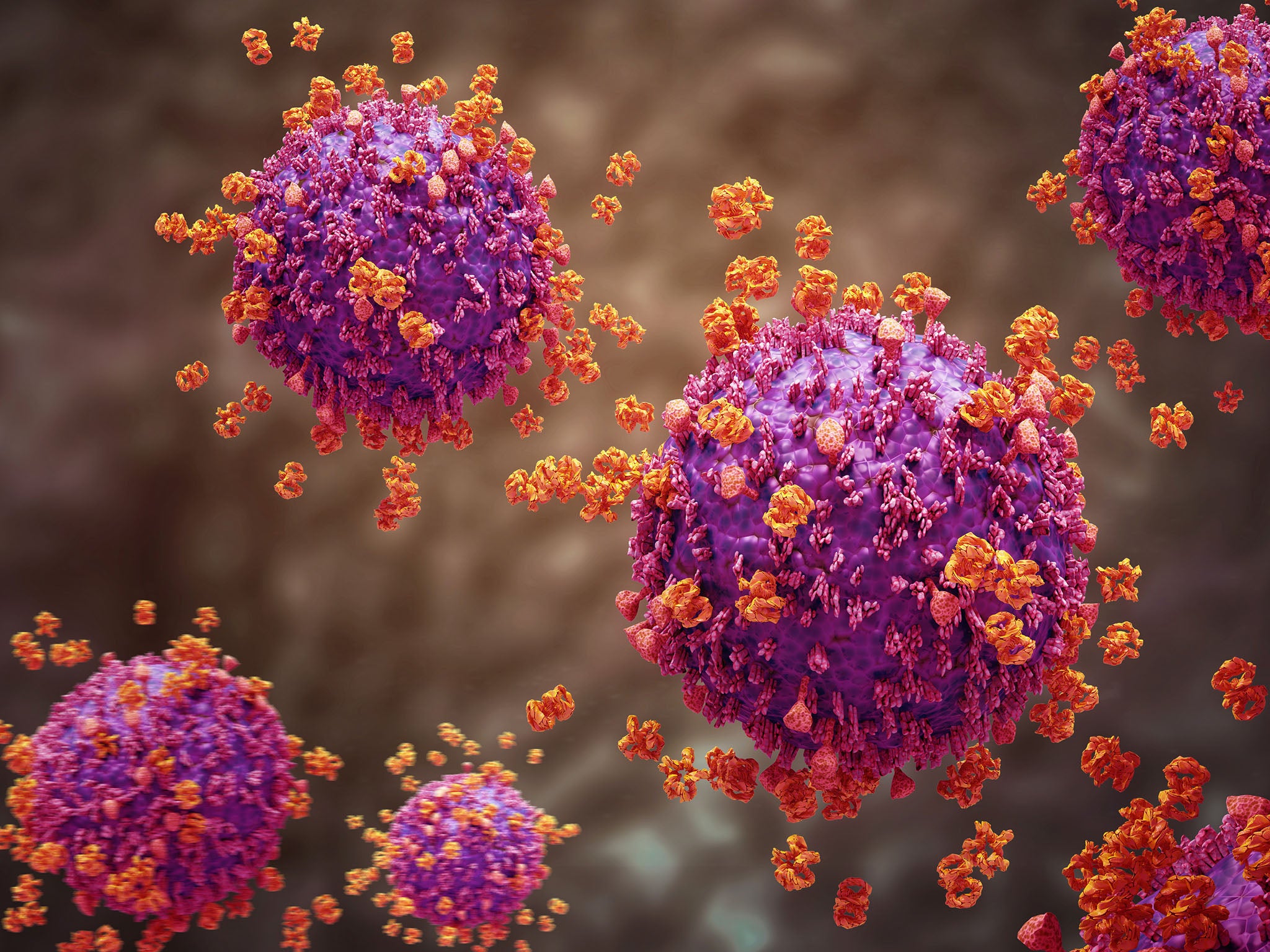‘Electronic nose’ aims to help reduce prescribing of antibiotics
Experts have created a machine that sniffs out bacteria

The prescribing of antibiotics could be drastically reduced by a device that detects bacteria in human breath, scientists have said.
Experts have created a machine that sniffs out bacteria – meaning it can tell when antibiotics are needed as a treatment.
They said the technology also means patients who present at GP surgeries with respiratory tract infections can be told they have the common cold or the flu.
It analyses the breath sample after a patient has blown into a breathing tube, like they would with a police breathalyser.
Certain chemicals are then identified, signalling whether or not bacteria is present.
Warwick University‘s Professor James Covington, who developed the “electronic nose”, said he hopes it will one day help reduce the number of antibiotic prescriptions.
He said: “I want to try and make the drugs we have last longer. Our idea is that we are going to get breath, and we are going to sniff it. Smelling breath gives access to the body’s biological process. We are trying to reduce the number of people being prescribed medication – if you can reduce this by 20 per cent, that is a massive saving.”
Preliminary trial results from the BreathSpec project, which was led by Imspex, suggest it has 80 per cent accuracy, Prof Covington told the British Science Festival, which is being held in Coventry and Warwickshire.
Over 18 months, the scientists recruited 1,112 participants from seven hospitals and two GP surgeries – two hospitals and two GP surgeries in Liverpool, two hospitals in Leicester and hospitals in Cardiff, Edinburgh and Blackpool.
They found that of these, 406 had an upper respiratory infection, of which 376 were non-bacterial and 30 were bacterial.
There were 520 people with lower respiratory infection, 272 of which were non-bacterial and 248 were bacterial. Some 186 had neither.
Prof Covington said: “In essence, we were about 80 per cent accurate – we could tell 80 per cent of patients who did not have bacterial infections. This could be a cold or a flu or one of the other ones – that is pretty good for a general screening situation.
“But to an extent, you could also say that we could accurately state that eight out of 10 patients had the flu or common cold.”
Press Association
Join our commenting forum
Join thought-provoking conversations, follow other Independent readers and see their replies
Comments
Bookmark popover
Removed from bookmarks